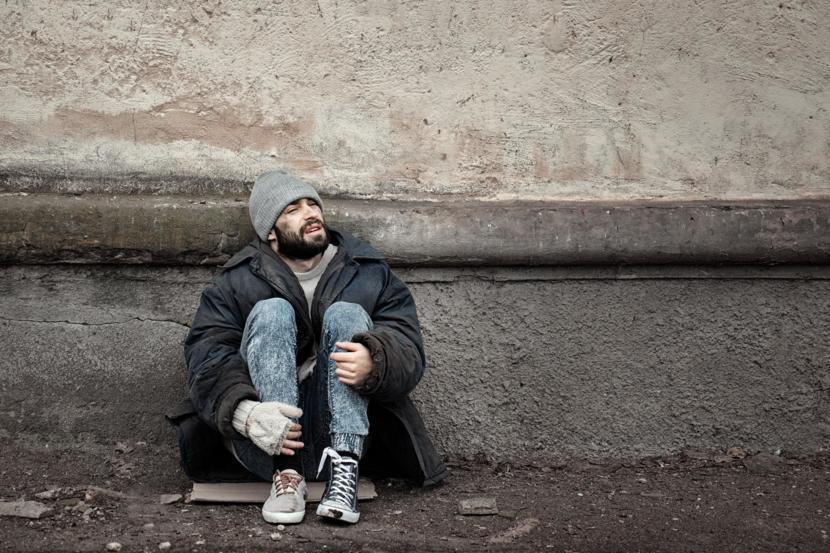Addiction and Homelessness

Dave Marlon is a Licensed Drug and Alcohol Addiction Counselor in Las Vegas, NV. Dave evaluates patients using many different procedures, in order to determine what treatments must be carried out in order to properly assess their symptoms. Addiction counselors provide various therapy modalities to clients seeking to become... more
In 2003, the National Coalition for the Homeless conducted a study that found 38% of people surviving on the street suffer from alcohol dependency, with another 26% addicted to drugs. Despite the prevalence of these issues, there are no updated numbers to cite. I know that those numbers have risen in the past 16 years because of the opioid epidemic and other major factors.
I suspect that those two figures are less than half the actual number, because of the prevalence of substance abuse and mental illness in our society. Also, because questioning an individual or surveying people if they have a substance use disorder is akin to asking people in jail if they are guilty, or asking children if they or their siblings made the mess in the kitchen. The majority of people that are serving time will tell you they are not guilty; the majority of children will blame it on their siblings or the dog. Most people who are homeless have a substance use disorder, even if they are in the pre-contemplation stage. When asked, I do believe that most homeless will see no relation between their drug use and homelessness, and they will not answer completely or honestly.
For over a decade of treating thousands of Nevadans in our treatment center for substance abuse disorders, it was not unusual for people coming to our rehab facility to have little to no insight into the depths of their addiction. Denial is both cunning and powerful. The first step in treating the individual is for them to admit there is a problem; that can take days or weeks of treatment. Expecting homeless people being surveyed to know they are addicted, to actively report, and to base funding or treatment options off of this imprecise (and old!) data shows a lack of understanding of the disease of addiction, a lack of understanding of the homeless issue, and a lack of understanding of how to positively impact humanity.








